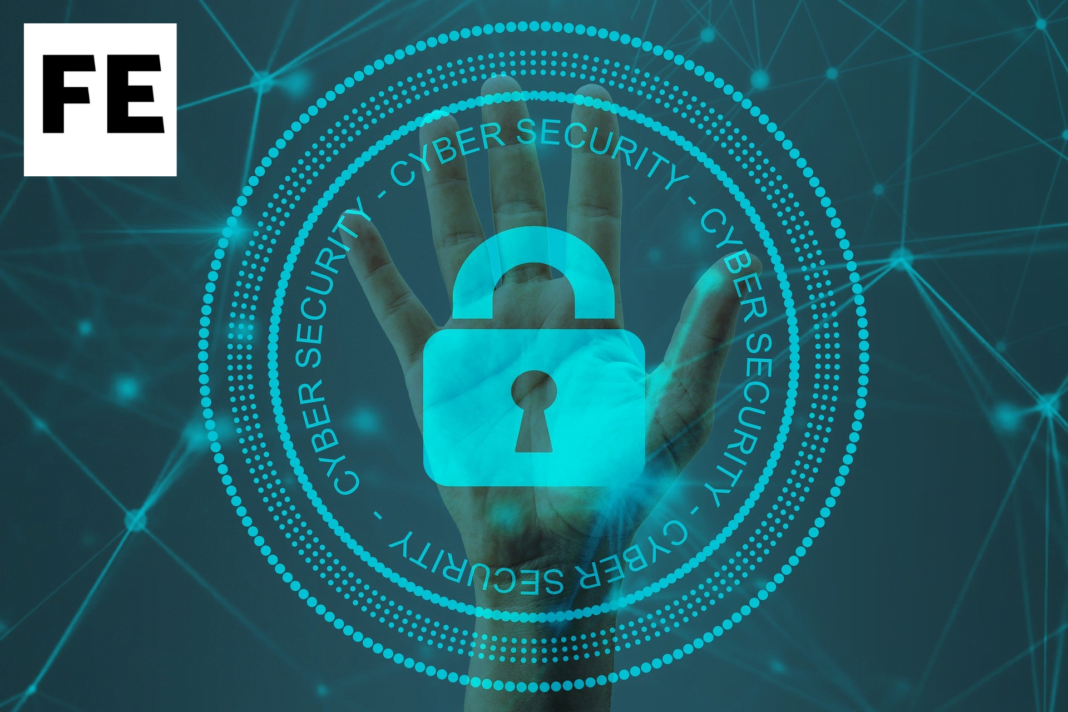In todays interconnected society all businesses heavily rely on technologies and the internet. Whether they are large tech corporations or budding startups all entities face the threat of cyber-attacks. These range from data breaches to incidents. Implementing security protocols can help to reduce risks and to improve reliability.
Understanding Cybersecurity
Cybersecurity is about protecting systems, networks and software from threats. These attacks usually focus on data, aiming to gain access and make changes or to cause damage in order to extort money from individuals or to disrupt the process of businesses.
What are Security Principles?
There are various security principles are used for ensuring and enhancing systems security. And, some of them are:
- Confidentiality: It ensures that, the data will only be accessed by authorized personality. So, the data cannot be misused by any attacker.
- Integrity: If ensures that, the essential data will be updated, altered or manipulated by authorized users only.
- Availability: It ensures that, the essential information should be available for users who needed it at any time they ask for.
- Authentication: It is a process of authenticating. Whether the user is authorized or unauthorized to access certain information. It can be authenticated by using login forms which will ask for filling username and their passwords to validate.
- Authorization: It is used for providing the authorization to the user so, they can access and manipulate the information without any issue.
Why is Cybersecurity Used?
- Protecting Data
Businesses have stored a vast amount of sensitive data including customers financial or login details, reviews etc. Accessing and altering essential data in an unauthorized way can lead to data leak, data breaches which can ultimately affect the confidentiality and integrity of data.
- Ensuring Business Continuity
Various Cyber-attacks like, denial-of-service(DoS) attack can disrupt business operations and their processes. Which can affect the continuity of business operations. Where the systems may get crashed and the end-users cannot be able to access business services. Which will ultimately affect the reliability and user experience.
- Building Trust with Customers
Following essential cybersecurity principles like confidentiality, integrity & availability of data and implementing authentication and authorization for making businesses data and services more secured. Because, customers are more likely to do business with companies they trust.
Common Cyber Threats
- Phishing
Fraud/spam emails or messages are being send to the users to gather their essential information to misuse. Where, these type of fraud emails can contain original looking fake websites asking for login or financial details in terms of providing some discounts or services and users fall in their trap and can suffer from financial loss.
- Ransomware
It is a type of malicious software. Which is designed to block access to the computer systems. Where, systems/software will be compromised and, the attackers will demand some ransom money to be paid.
- Malware
It is a software, which is designed for disrupting and damaging system processes and to gain unauthorized access to to a computer system.
- Denial-of-Service Attack
This attack is used for disrupting the business services to their end-users. Where, the services became unavailable and can seriously affect the reliability and experience of users against businesses.
- Man-in-the-Middle Attack
It is a type of active attacks. Where attacker intercepts between two parties communication to access their essential information in an unauthorized way to steal and misuse data.
Best Practices for Cybersecurity
- Educate Your Employees
Regularly train employees based on new cybersecurity threats and safe practices. They should be aware of risks of malware or phishing attacks and need to recognize suspicious activities.
- Implement Strong Password Policies
Ensure that, all employees use strong and unique passwords and ask them to change it regularly. Consider using multi factory authentication or Identity Access Management to add an extra layer of security.
- Regular Software Updates
Keep all software up-to-date. Which includes regular security patches and removes all the vulnerabilities which they had in their previous versions. Which makes it more secured from cyber-attacks. So, always keep up-to-date your systems operating system and other applications.
- Use Firewalls & Antivirus Software
The firewalls can help to block unauthorized access to our network and antivirus software can be used to keep systems safe from malicious software.
- Backup Data Regularly
Regular backup of your data will help you to recover it in an offline way. In any case of cyber-attacks or system crash where, the data can be compromised.
- Secure Wi-Fi Networks
Ensure that your businesses Wi-Fi network is secured and encrypted. And, always use strong password to avoid unauthorized access.
- Limit Access to Sensitive Information
Implement Identity Access Management or Role Based Access Control techniques to ensure that, the employees can get only limited access to the information.
- Develop Incident Response Plan
Always have a plan to handle and provide effective responses in case of any attack or cyber incident. Which should include steps for recovering from the attack. Whether it is system crash or data breaches.
Conclusion
In today’s era cybersecurity plays a role, in safeguarding business operations and securing user data against cyber threats and vulnerabilities. Educating individuals regularly can help minimize the chances of fraud and cyber-attacks.
